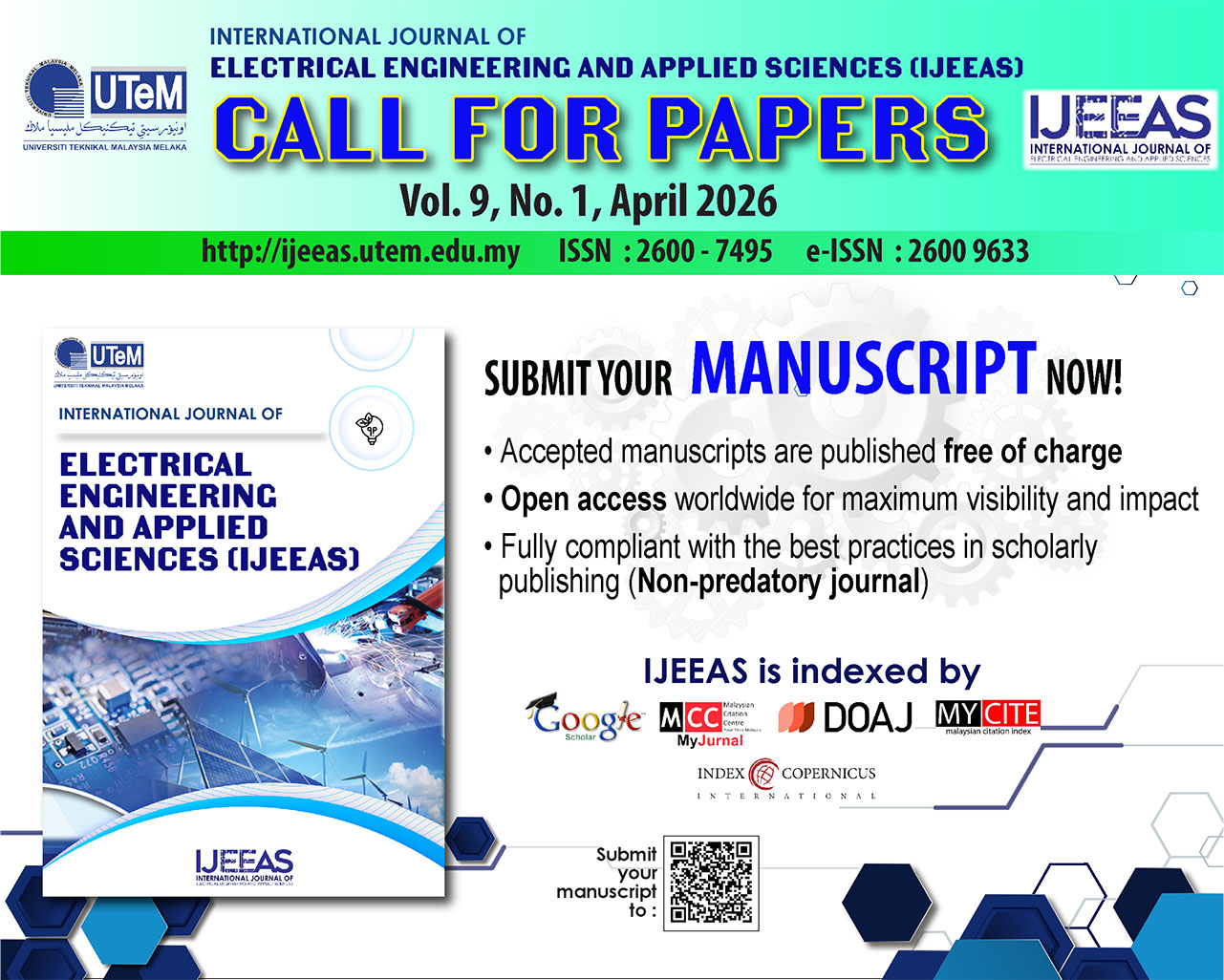Task Scheduling Based on Genetic Algorithm for Robotic System in Manufacturing Industry
DOI:
https://doi.org/10.54554/ijeeas.2022.5.01.002Abstract
With the development of 5G technology, the robotic system has been bought into industrials. Even manufacturers plan the task flow by using project management. An error may occur and make the tasks overlap because they use the traditional scheduling method. It may waste much time between the tasks, and robots will get into standby mode to wait for the next tasks if the scheduling is failed. An algorithm with flexible scheduling is needed to arrange the tasks accordingly with the shortest total completion time. Genetic Algorithm (GA) is applied to task scheduling, and it provides a better solution from previous results or arrangements due to iteration. In this study, an analysis involves multi robots to complete various industrial operations, consisting of multi-tasks. To save time during processing and costs in production, GA may help it have the optimal value about total complete time to avoid any wastage. In short, the manufacturer will have higher productivity and better performance among the robots when applied a suitable Task Scheduling in the industry or workplace.
Downloads
Downloads
Published
How to Cite
Issue
Section
License
Authors who publish with this journal agree to the following terms:
- Authors retain copyright and grant the journal right of first publication with the work simultaneously licensed under a Creative Commons Attribution License that allows others to share the work with an acknowledgement of the work's authorship and initial publication in this journal.
- Authors are able to enter into separate, additional contractual arrangements for the non-exclusive distribution of the journal's published version of the work (e.g., post it to an institutional repository or publish it in a book), with an acknowledgement of its initial publication in this journal.
- Authors are permitted and encouraged to post their work online (e.g., in institutional repositories or on their website) prior to and during the submission process, as it can lead to productive exchanges, as well as earlier and greater citation of published work (See The Effect of Open Access).







